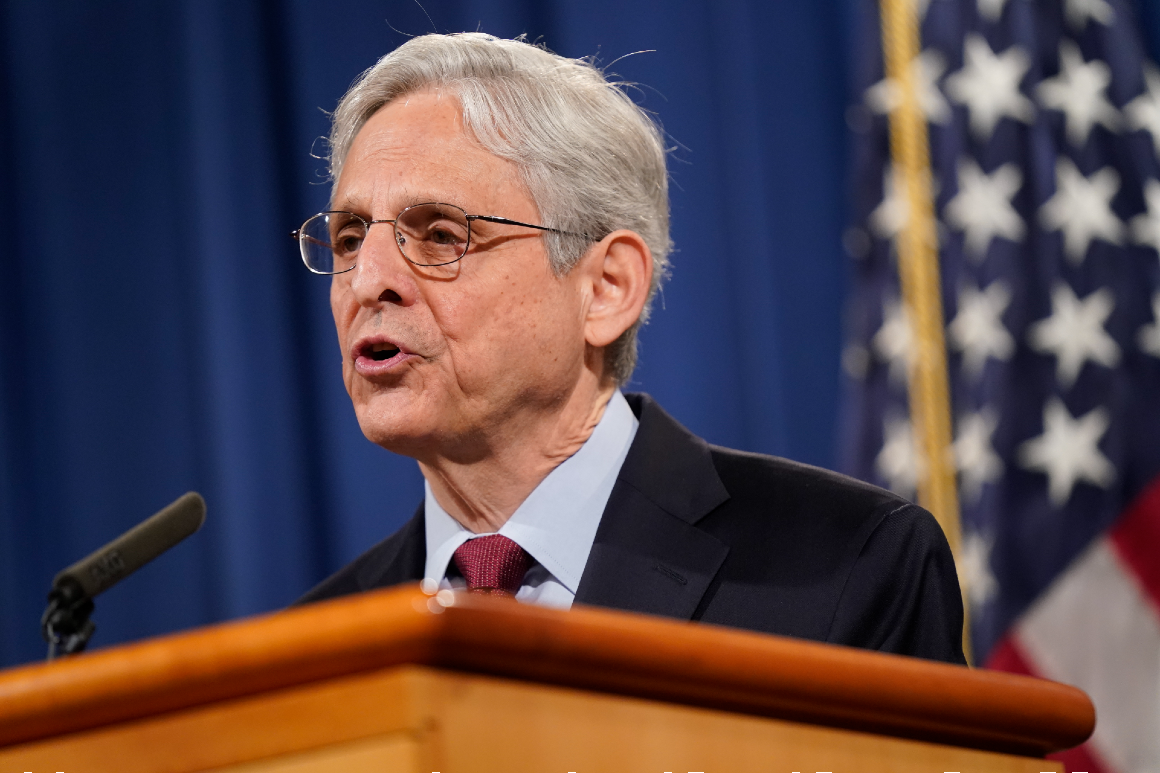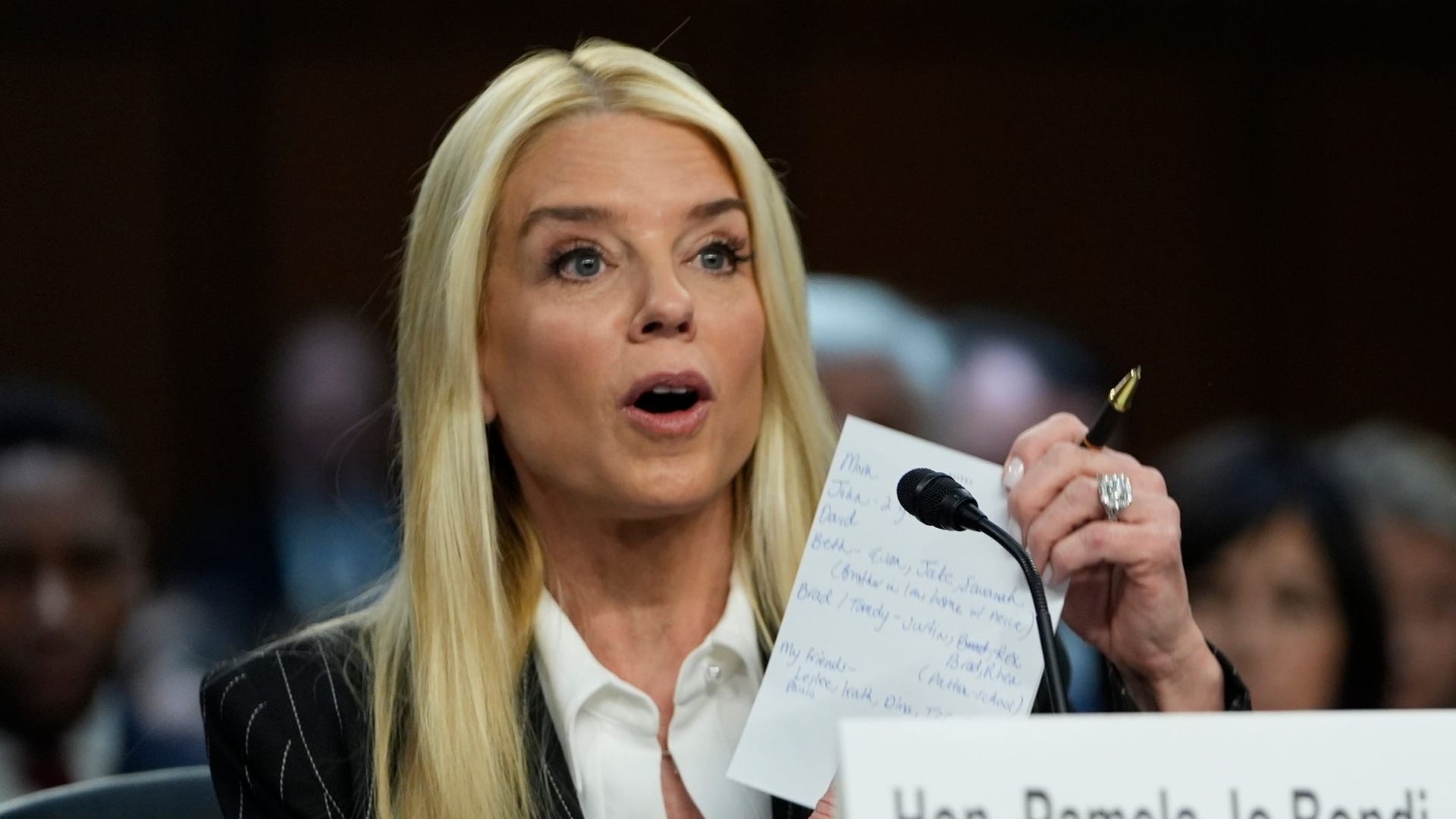Analysis: Trump's Potential Trade Agreement With Britain

Table of Contents
Economic Implications of a US-UK Trade Deal
A US-UK trade deal could significantly reshape the economic landscapes of both nations. The potential benefits and drawbacks must be carefully weighed.
Potential Benefits:
-
Increased Trade Volume: A bilateral trade agreement could dramatically increase the volume of goods and services exchanged between the US and UK, boosting GDP on both sides of the Atlantic. The elimination or reduction of tariffs would incentivize greater trade in diverse sectors.
-
Reduced Tariffs and Trade Barriers: Lowering or eliminating tariffs and non-tariff barriers would make goods and services more affordable and competitive, benefitting consumers in both countries. This is particularly important for sectors where tariffs currently represent a significant cost.
-
Boost to Specific Sectors: Certain sectors, such as agriculture (particularly in the US) and manufacturing (in both countries), stand to gain significantly from increased market access. For example, US agricultural exports, currently facing EU tariffs, could find a large new market in the UK.
-
Attraction of Foreign Investment: A robust trade agreement could signal economic stability and attract increased foreign direct investment (FDI) into both the US and UK economies, stimulating growth and job creation. Data shows a correlation between strong bilateral trade agreements and increased FDI.
- Example: US companies might invest more heavily in UK-based manufacturing facilities to take advantage of tariff reductions. Similarly, UK businesses could invest in US distribution networks.
Potential Drawbacks:
-
Concerns about Regulatory Harmonization: Differences in regulatory standards, particularly in areas like food safety and environmental protection, could create significant hurdles to achieving a comprehensive trade deal. Reaching compromises that satisfy both sides may prove difficult.
-
Potential Negative Impacts on Certain Industries: Increased competition resulting from the agreement could negatively impact certain industries in both countries. For example, UK farmers might face intense competition from subsidized US agricultural products.
-
Risk of Trade Diversion: The agreement could lead to trade being diverted away from other countries, potentially harming existing trade relationships and creating geopolitical tensions.
-
Potential Job Losses in Specific Sectors: Some sectors in both countries might experience job losses due to increased competition or shifts in production patterns. Careful analysis and mitigation strategies would be crucial to address this concern.
- Example: Increased competition from cheaper US imports could lead to job losses in certain sectors of the UK manufacturing industry.
Political Ramifications and Geopolitical Context
The potential US-UK trade agreement has far-reaching political consequences, extending beyond purely economic concerns.
Impact on Brexit:
- The deal's impact on the UK's post-Brexit economic trajectory is crucial. It could significantly shape the UK's relationship with the EU, potentially exacerbating or easing tensions depending on the agreement’s terms.
- The Northern Ireland Protocol remains a sensitive point. The trade deal could impact the protocol's effectiveness or require renegotiation, potentially affecting relations between the UK and the EU further.
- The UK’s negotiating leverage after Brexit is a key consideration. Its ability to strike a favorable deal will depend on its capacity to balance its desire for a comprehensive trade agreement with the realities of its post-EU position.
Transatlantic Relations:
- The agreement would have a significant impact on the broader US-UK relationship. A successful agreement could solidify the “special relationship,” while a failed attempt could strain it further.
- Implications for NATO and other international alliances are significant. The alignment (or lack thereof) on trade policy could influence cooperation on broader security and foreign policy issues.
- The deal's success would depend on the extent of alignment between US and UK policies, not just on trade, but on broader geopolitical issues.
Specific Trade Provisions and Challenges
Negotiating a US-UK trade deal involves navigating several complex and sensitive areas.
Agricultural Trade:
Agricultural trade promises to be a major sticking point, given the significant differences in agricultural subsidies and production methods between the US and UK. Ensuring fair competition and avoiding trade disputes will be crucial.
Pharmaceuticals and Intellectual Property:
The protection of intellectual property rights (IPR), especially in the pharmaceutical sector, presents another challenge. Differences in regulatory frameworks and patent laws will need careful consideration.
Financial Services:
The financial services sector is another area of significant potential friction, with differences in regulations and supervisory frameworks requiring careful negotiation. Balancing the interests of both sides will be a key challenge.
* *Specific Sticking Points:* Data privacy regulations, regulatory equivalence, and access to each other's markets will be critical issues.
Conclusion: Assessing the Future of Trump's Potential Trade Agreement With Britain
Trump's potential trade agreement with Britain presents a complex tapestry of potential benefits and risks. While increased trade volume and reduced tariffs could stimulate economic growth in both countries, concerns about regulatory harmonization, potential negative impacts on specific industries, and the broader geopolitical context require careful consideration. The likelihood of a successful agreement depends heavily on the willingness of both sides to address these challenges effectively. A balanced approach, considering both economic and political factors, is essential for evaluating the long-term implications of such a significant trade deal. Stay informed about the evolving developments in Trump's potential trade agreement with Britain, and learn more about the complexities of US-UK trade relations to better understand this critical aspect of the post-Brexit landscape.

Featured Posts
-
 Why Is The Us Attorney General On Fox News Daily A More Important Question Than The Epstein Case
May 10, 2025
Why Is The Us Attorney General On Fox News Daily A More Important Question Than The Epstein Case
May 10, 2025 -
 The Disturbing Trend Of Betting On The Los Angeles Wildfires
May 10, 2025
The Disturbing Trend Of Betting On The Los Angeles Wildfires
May 10, 2025 -
 Reactions To James Comers Epstein Files Pam Bondis Response Included
May 10, 2025
Reactions To James Comers Epstein Files Pam Bondis Response Included
May 10, 2025 -
 Exploring Wynne And Joannas All At Sea A Literary Journey
May 10, 2025
Exploring Wynne And Joannas All At Sea A Literary Journey
May 10, 2025 -
 Palantir Technologies Stock Should You Invest Before May 5th Analyst Predictions
May 10, 2025
Palantir Technologies Stock Should You Invest Before May 5th Analyst Predictions
May 10, 2025
